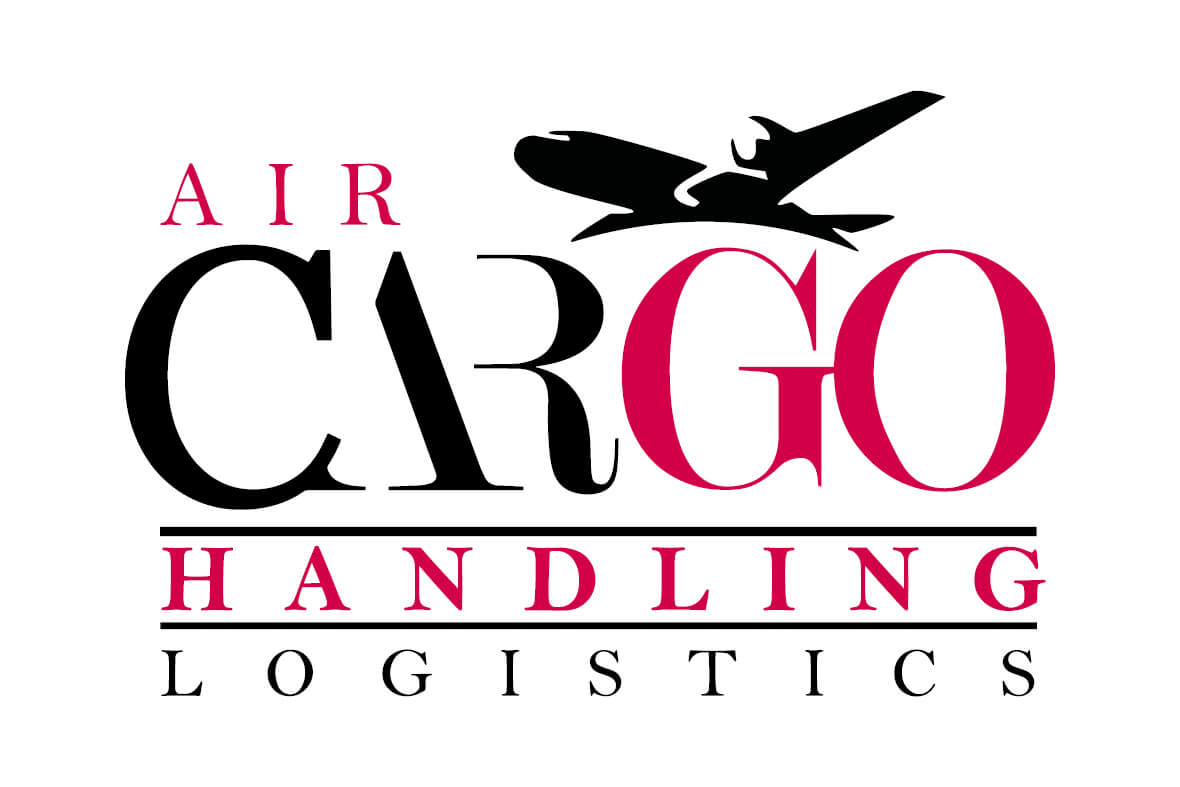Strong demand for goods and severe disruption of international supply chains have continued throughout much of this year, putting further pressure on an air freight system already short of capacity. With peak season adding further demand, cargo handlers at many airports have also been under strain from a multitude of other factors including greater numbers of smaller shipments, the need to load and unload cabin cargo on preighters, stronger competition for staff, and unpredictable demand from chartered capacity. And shortages of truck drivers and freight forwarders lacking spare warehouse capacity has led to cargo waiting around longer than necessary in handling sheds.
As handlers seek solutions, one positive has been a greater willingness to cooperate and find solutions to some of these congestion issues among air freight stakeholders and sometimes even competitors. And there have also been more open conversations between handlers, airlines and airports about what they can achieve, how to optimise resources, and temporary solutions to boost warehouse capacity (see ACHL report, from page 44). But better advance information from freight forwarder customers would help handlers manage and better plan their resources in general, as highlighted in the Europe report (page 10).
Stakeholders within pharma logistics have also reported greater cooperation across the air logistics chain, with shippers keen to maintain the spirit of collaboration, as reported in the Airfreight Pharma conference report on page 28.
Greater digitalisation will also help, and this process continues to move forward, albeit slower than many would like. One interesting observation in the ACHL report is that the slowness of digitalisation is now deterring some young people from entering an industry that still requires pen and paper technology. But as older industry workers retire, the shift to digital will accelerate further.
Meanwhile, new technology continues to be introduced into cargo sheds, including fully autonomous ground vehicles being tested by Swissport, and the introduction of wearable technology (page 4).
Meanwhile, sustainability has come rapidly to the fore, and will play an even greater role as this decade progresses, highlights DB Schenker CEO Jochen Thewes in an interview on page 38. While we wait for a breakthrough in aviation fuel technology, improvements are possible through more efficient ground operations. And on the aircraft side, the newly launched A350 freighter promises greater efficiency than the capacity it will replace.
In the meantime, many observe that digitalisation also plays a key role here, alongside other technological developments. Anything that improves visibility and efficiency has a knock-on benefit for sustainability and costs – sometimes at the margin with quantitative improvements, and sometimes via qualitative leaps – as well as supporting customers’ decisions. In many cases, we can’t see what the benefits will be of new tech until it’s introduced – as we are finding regularly now in our own personal use of digital tech – which is an added reason to push ahead.









